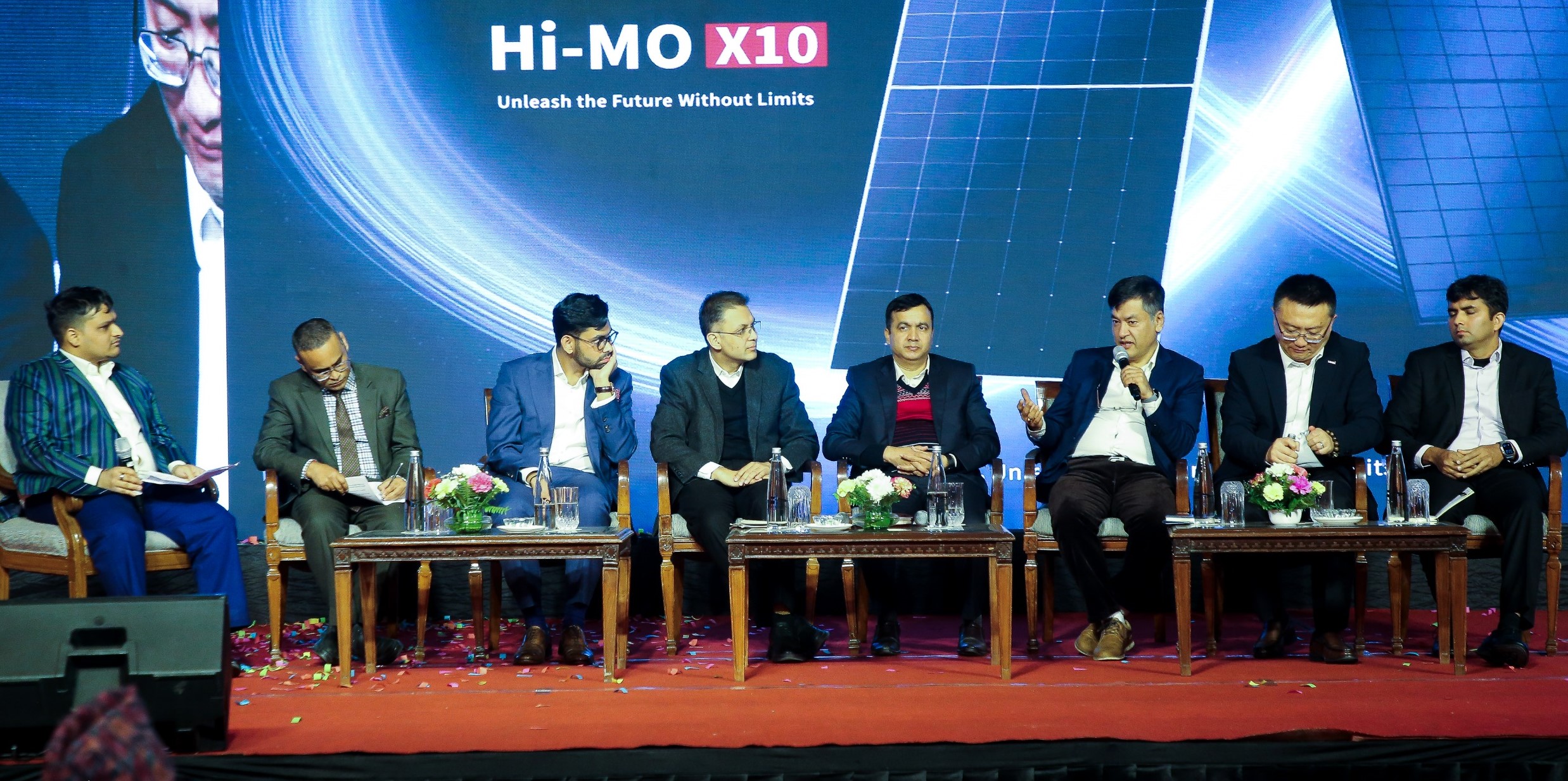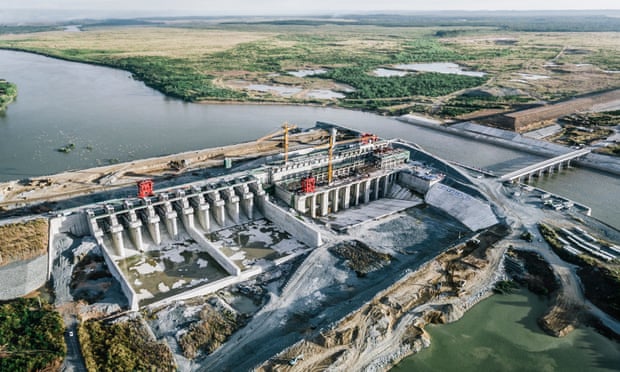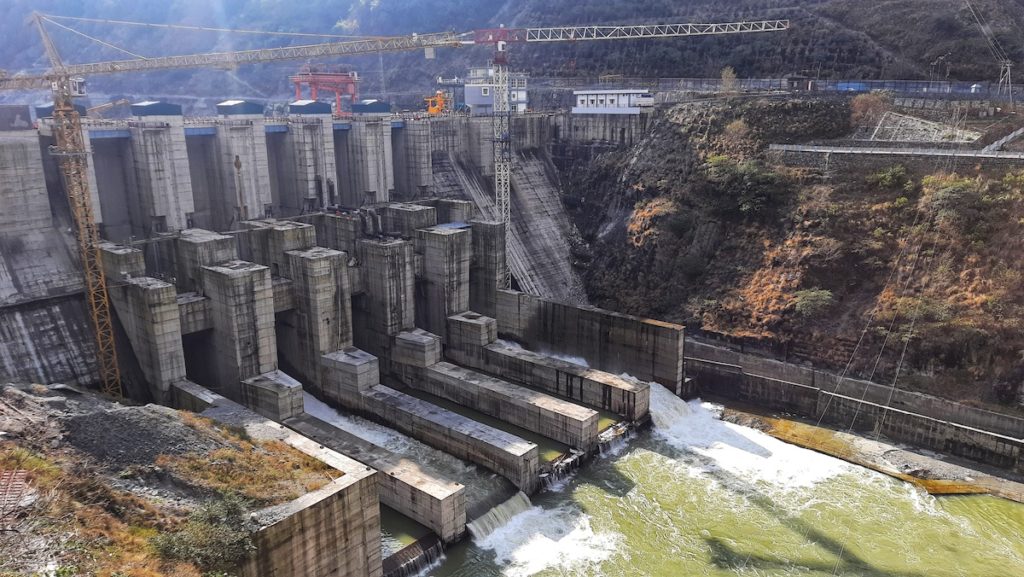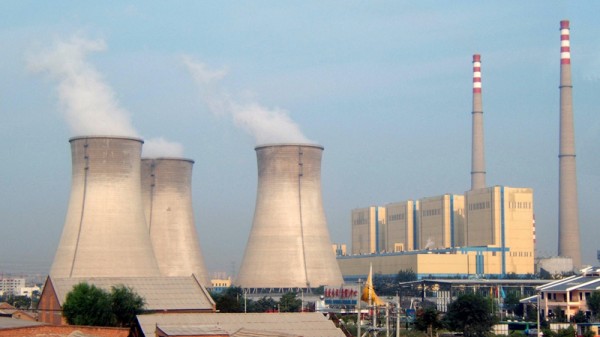Energy Update
ADB Appoints Warren Evans as Special Senior Advisor for Climate Change
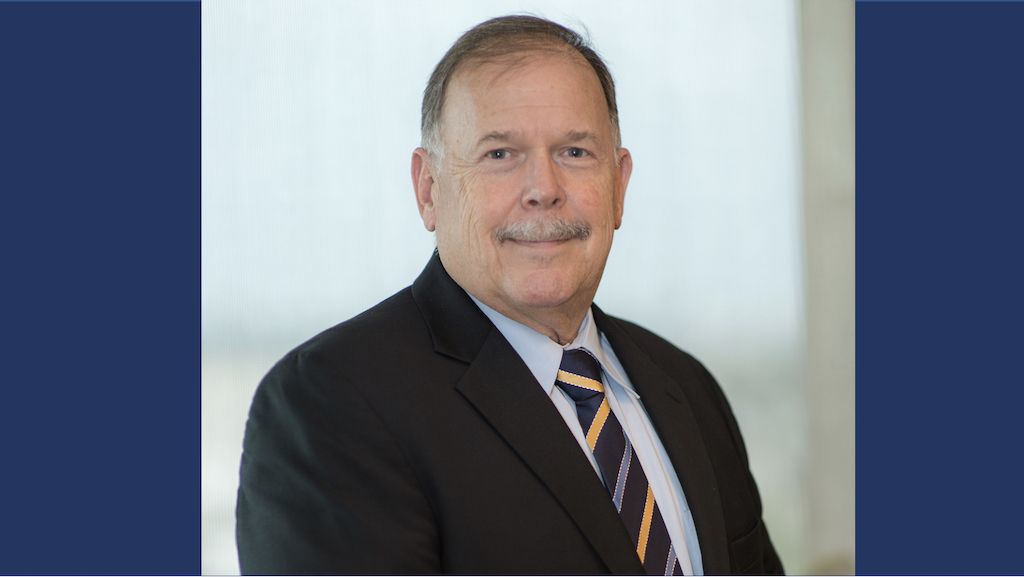
The Asian Development Bank (ADB) today announced the appointment of Warren Evans as Special Senior Advisor (Climate Change), Office of the President.
Mr. Evans will function as a climate envoy and provide broad oversight and guidance for ADB’s climate operations, including optimizing climate finance scale and impact, mobilizing new and additional technical and financial resources, strengthening ADB’s external climate partnerships and engagement with international climate agreements and initiatives, and reinforcing capacity development for climate change operations.

“ADB is in a particularly unique position to support bold, decisive action driven by close partnerships with, and tailored to meet the near- and long-term needs of, our developing member countries (DMCs). It is critical that we act together and act now, with speed, innovation, and scale, to respond to the central development issue facing our region,” Mr. Evans said.
Mr. Evans will drive ADB’s strong commitment to action on climate change. In the past 12 months, ADB has raised its ambition to deliver climate finance to its DMCs to $100 billion from 2019–2030, adopted a new energy policy that formalized ADB’s practice of not financing new coal-fired power and heating plants, and committed to aligning its operations with the goals of the Paris Agreement. These actions support ADB’s corporate target of ensuring that at least 75% of the total number of its operations will support climate action by 2030.

Mr. Evans has more than 40 years of sustainable development and climate change experience with various multilateral development banks, private organizations, and other international organizations.
A national of the United States, he holds a doctorate in cleaner production and climate change policy from Erasmus University Rotterdam in the Netherlands, a master’s in environmental health engineering from the University of Kansas in the United States, and a bachelor’s in ecology from Kansas State University.
ADB is committed to achieving a prosperous, inclusive, resilient, and sustainable Asia and the Pacific, while sustaining its efforts to eradicate extreme poverty. Established in 1966, it is owned by 68 members—49 from the region.
Conversation
- Info. Dept. Reg. No. : 254/073/74
- Telephone : +977-1-5321303
- Email : [email protected]










